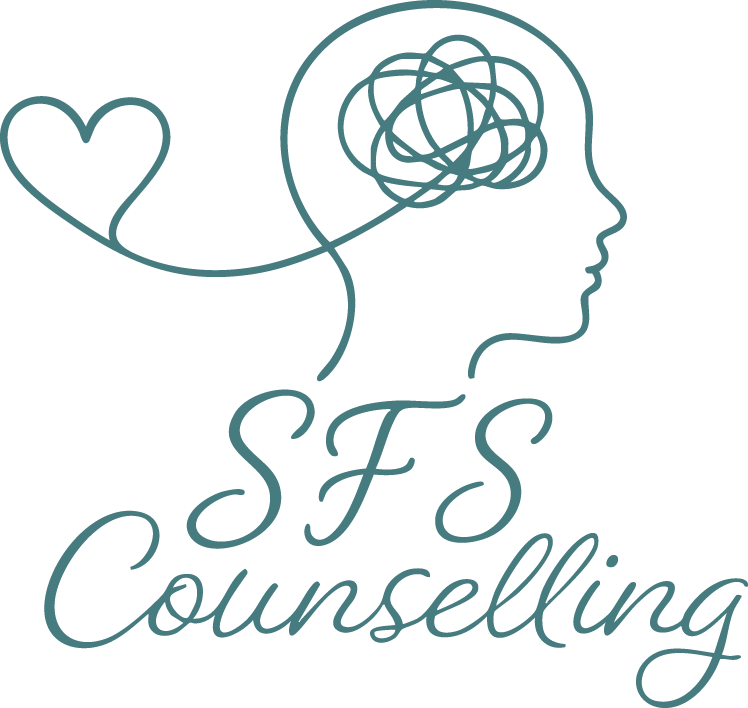Frequently Asked Questions
Thinking about counselling? Start here…
I understand that reaching out for counselling can feel like a big step, and you may have questions before getting started. This page is here to help.
Below, you’ll find answers to some of the most common questions people have about the counselling process, what to expect in sessions, and more.
If your question isn’t covered here, please don’t hesitate to get in touch – I’m always happy to help.
How do I know if I need counselling?
What issues can counselling help with?
-
Grief, loss, and bereavement
-
Depression (including low mood, social withdrawal, or suicidal thoughts)
-
Anxiety (including general anxiety, phobias, or panic attacks)
-
Workplace stress and work-life balance issues
-
Relationship problems (breakups, affairs, loneliness, divorce, jealousy, or marital conflict)
-
Low self-esteem and lack of confidence
-
Sexual issues
-
Trauma
-
Addiction and substance misuse
-
Abuse (physical, emotional, verbal, or sexual)
Will my counselling sessions be confidential?
Can I have more than one session per week?
How many counselling sessions will I need?
How do I know which counsellor is right for me?
What happens in a counselling session?
Sessions
Please call 07852 660944 to arrange your session or contact me at stephanie@sfs-counselling.co.uk
I offer day time and evening sessions Monday to Friday and Saturday mornings.
The session will last 60 minutes. I offer both short-term and long-term therapy and during the initial free appointment we can discuss your requirements for future sessions.
Fees are £55 for individuals and £65 for couples.

